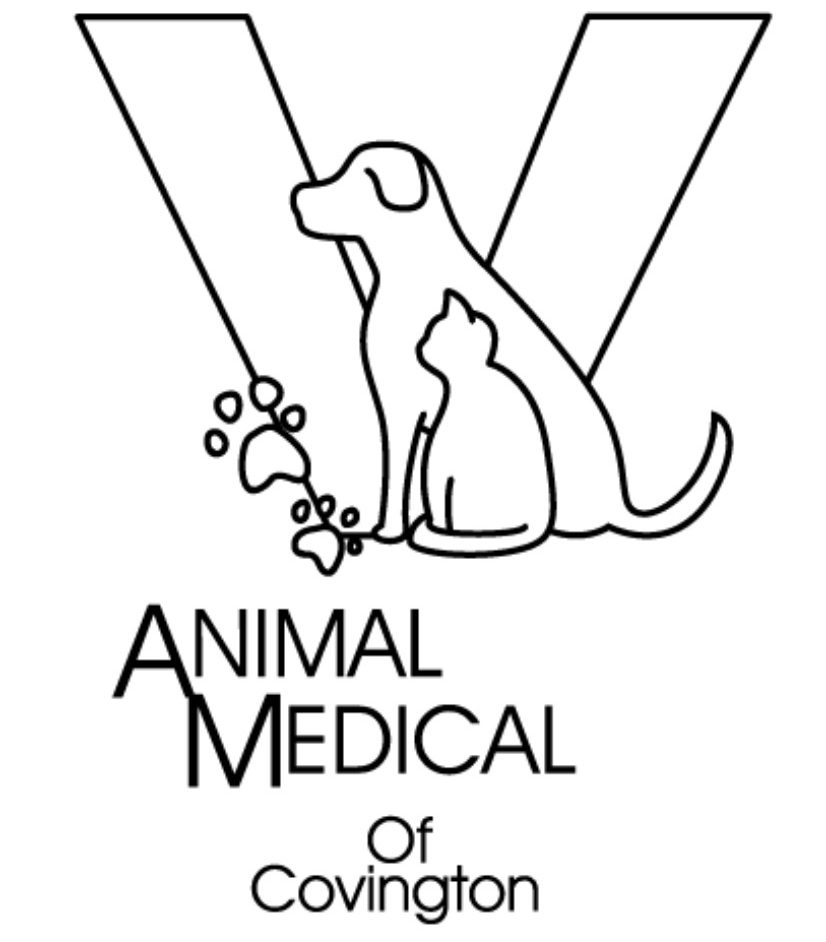In the United States, there are up to 75 million pet dogs. If you’re the parent of one of these pups, you know that loving your pets comes with the responsibility of taking great care of them.
Regular visits to a pet clinic ensure that your pets get the care they need, whether you have cats, dogs, or any other type of animal. It is always a good idea to schedule an appointment to ensure your pet reaps the rewards of great care. Keep those tails wagging and the purring going with a visit to your local pet clinic.
Use an Animal Clinic That Offers a Variety of Service
From boarding to pet grooming and surgery, you need a pet clinic with a variety of veterinary services. Clinics that offer a plethora of services are able to keep pets happy as well as healthy. Using a pet clinic with an in-house lab ensures you get top diagnostic medical services without a long wait. These are some of the most important pet healthcare services:
- Veterinary Medical Services
- Wellness Exams
- Veterinary Surgery
- Vaccinations
- Pet Laser Therapy
- Pet Boarding
- Pet Grooming
- Pet Products
Get Preventative Health Care at a Pet Clinic
Most pet owners take their pets in for exams once they have noticed their pet needs care. However, preventative health care goes a long way in keeping your pet healthy. Ask about preventative health care plans and help your pet stay healthy. Pet clinic visits for preventative care provide the perfect opportunity to discuss any issues your pet may be having with their diet, medications, and much more.
Preventative care is also the best way to stay informed of your pet’s health and find out if your pet is in the early stages of a disease. Regular pet checkups ensure that an illness is found early so treatments can start immediately. Early diagnosis and treatment of diseases give your pet the best possible chance to recover while preventing unnecessary suffering and pain.
Adaptive Medical Advice Is Integral to Your Pet’s Care
Pets are just like people. Their health changes as they grow and age. Adaptive medical advice given by a veterinarian is ideal throughout a pet’s maturity. They just need to know more about your pet’s current state and habits.
There are a number of factors that affect your pet’s health overall. A few of those factors include diet, activity levels, and age. Trained vets consider every factor for your pet and provide complete wellness assessments so your pet can age in health and comfort.
Pet Clinics Provide Accurate Diagnoses
As a pet lover, you may understand a few things about your animal’s health. However, it is not a good idea to diagnose and try to medicate your pets on your own. It is detrimental to the health of your pet to seek the advice and approval of a veterinarian.
Licensed vets have the authority and skills to offer sound care and insight concerning your pet’s health. They have had years of practice and training and are professional veterinarians capable of accurately diagnosing health problems in animals. Consider them to be your pet’s best friend. Invest in regular check-ups to ensure your companion lives a long and healthy life.
Visit a Local Pet Clinic
Schedule an appointment with your local pet clinic. Top clinics offer after-hour appointments as well as same-day appointments. Your pet is their top priority. Nothing feels better than knowing your pet is assured the best care from a vet with many years of experience.

